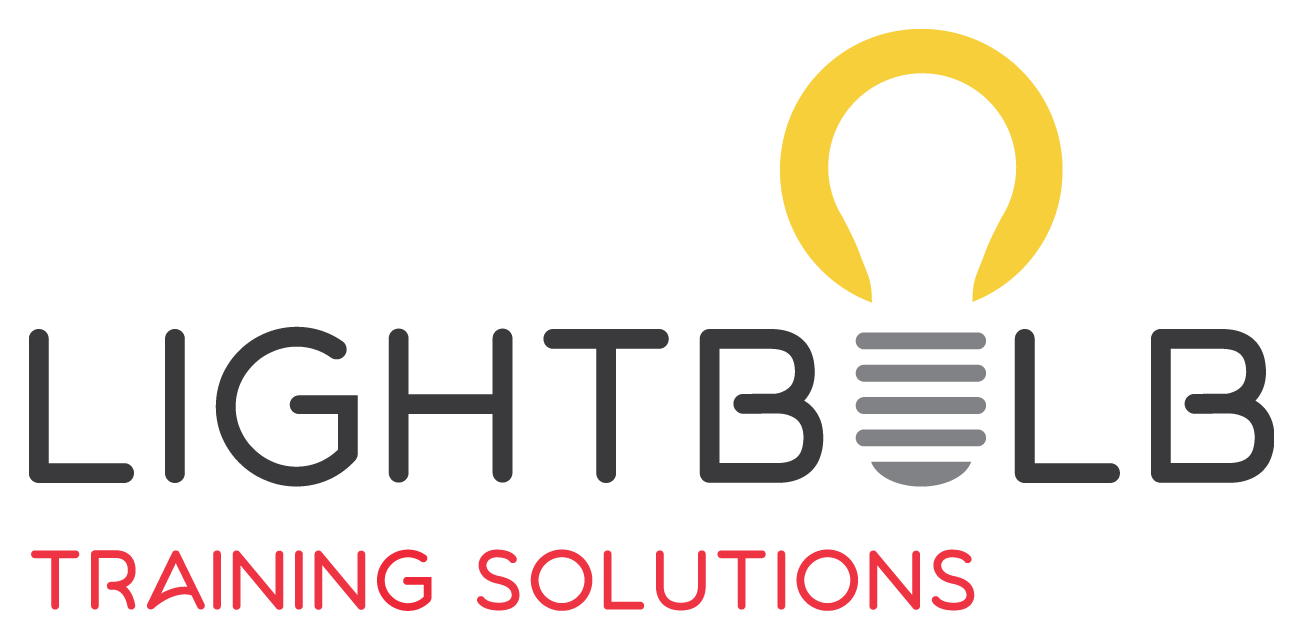Are your customer service team about to break?
Frontline customer service means being available when it suits others. Available to answer questions, give information, listen, inspire, support, calm, learn, process, educate, motivate, help, suggest, understand, untangle, juggle and the list goes on and on.
In most cases frontline staff don’t have a door they can close or a diary they can schedule customer appointments. They are required to be there and be ready as soon as the customers want them. They have to be ready for strangers - strangers with demands. Some want you to go faster, some want you to slow down, others need more information and some seem to hear nothing and need everything repeated. You have to be ready for objections and ready for rants.
All of this ‘ready’ can be tiring and as an introvert, even more so. When i worked in a frontline role, I used to head to the toilet for 'me time'....it was the only place I could be alone and recharge my customer service batteries.
There can be quiet times but frontline staff use those moments for catching up on other stuff ie: filing, pricing, stocktakes, re-stocks, follow up calls, cleaning and tidying etc. The biggest break of a frontline staff members day is often lunch, but it too can be full of energy ie: You dash out the door to do personal shopping, slam down a sandwich and return to the frontline ready for action. Sometimes you don’t leave, you work and eat.
If this sounds familiar, please read on as this is not a healthy way for you or your frontline to spend your day.
Consider this; when we drive it is recommended we pull over and take a break every 2 hours. My car even sounds an alarm to remind me at the 2 hour mark. We see signs on the side of the road to remind us to “rest and revive”. Driving a car requires mental concentration and our brains are not working at peak performance when we are fatigued. Completing tasks and customer interactions with no breaks means we might be going forward, but we are heading for a wall.
Brain breaks don’t need to be long but they need to be regular. Regular breaks that involve no ‘work doing’ and no ‘work thinking’. We have to switch off so we can do more with less stress and get to the end of the day with energy for home.
Here’s a few mini-break ideas to consider for you and your team - as little as 3 mins every hour can have make a big difference.
Closing our eyes and breathing deeply - simple but effective
Drinking water - hydrate the body and the brain
Go outside - fresh air and fresh perspective
Recharging our eyes by looking out the window (great for those who look at screens all day)
Stretching - arms, legs, shoulder and necks
Colouring - it’s no longer just for kids
It may require a change of culture to incorporate mini breaks into your workplace but the benefits will be worth it; increase in smiles and productivity are just two.
Encourage your frontline customer service team to take their breaks because without breaks, we run the risk of breakdowns.
By Cate Schreck - Author of “The A-Z of Service Excellence”

